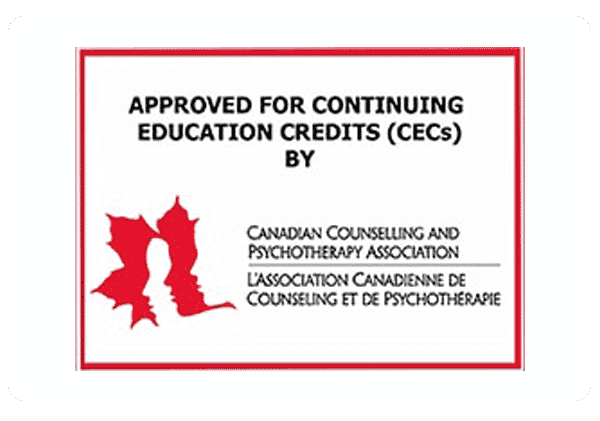Get passionate about being a healer again while you learn from this unique perspective as Dana weaves her personal story as a sexual abuse survivor and as a therapist throughout the presentation. In this training day participants will learn the neuroscience of trauma and how to heal the client in both the neocortex and subcortical parts of their brain.
Dana will focus on recognizing the cognitive, emotional, and somatic symptoms within the nervous system because of trauma and specifically how to treat each symptom with her unique assertive integrated approach.
Particular attention will emphasise the impact on parenting and how children of adult survivors are affected.
Dana will demonstrate how to help clients stop the generational pathology that is caused by childhood sexual abuse by working with the entire family.
There will be a special consideration on Dana’s integrated approach from the initial session to maintenance sessions with use of clinical scenario’s designed to give attendees the skills needed when working with child sexual abuse survivors and their families.
Individual breakout sessions with experiential and practical application of Dana’s approach followed by group discussion of the integrated theory.
Learning Objectives
Enjoy an exciting interactive day with evidence-based approaches and practical application of the theories. You will leave the day with:
- Worksheets and handouts to use immediately with your clients.
- Trust building exercises and how to talk about the “taboo” intrusive thoughts that occur in sexual abuse survivors.
- The top 5 cognitive distortions that sexual abuse survivors experience and how to re-route the neuropathways that cause them.
- Having at least three new techniques for healing trauma in sexual abuse survivors.
- How to recognize your client’s tolerance and activation surrounding the trauma.
- Ways to heal sexual trauma in a fast, safe and effective way.
- How to talk about the trauma without re-traumatizing the client.
- More confidence in working with sexual abuse survivors.
- How to prevent compassion fatigue and secondary trauma





